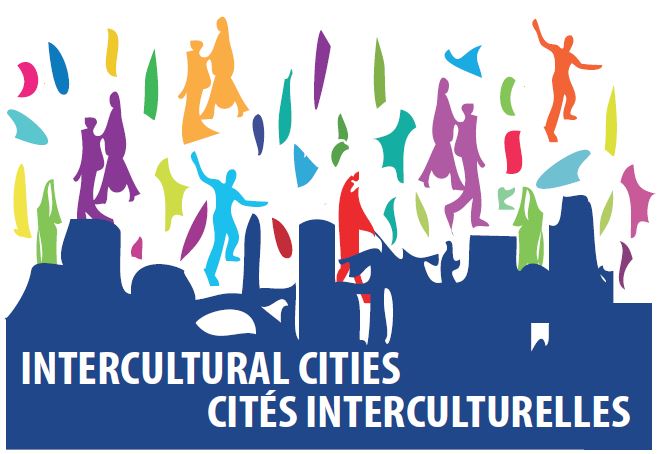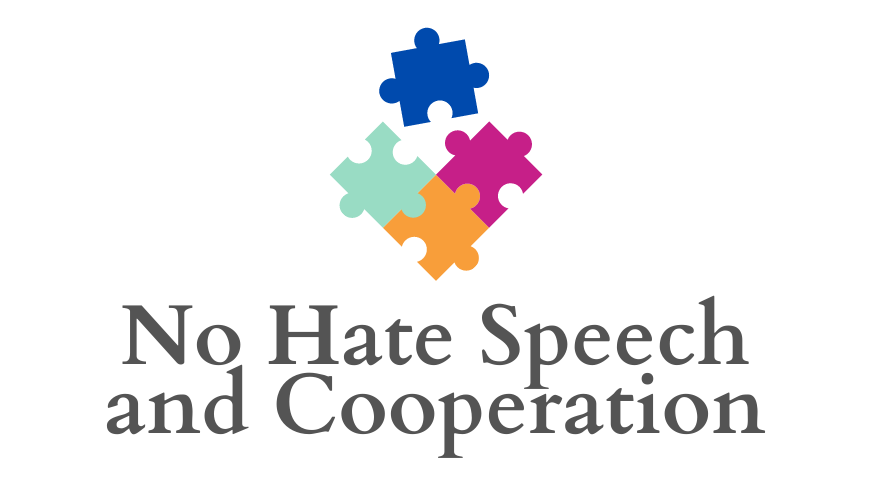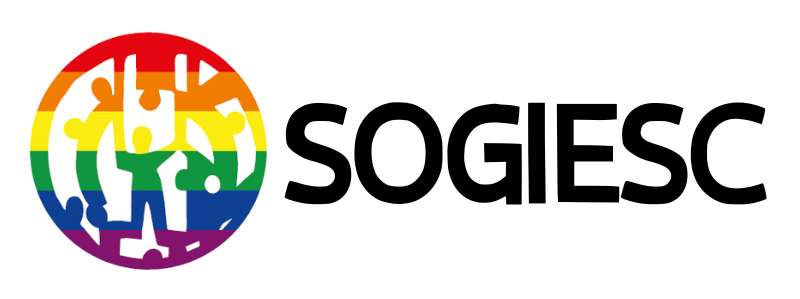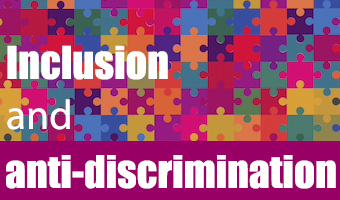The Manual for Police Education on Equality & Non-Discrimination translated in the local languages of the Western Balkans is finally out and available for download.
Law enforcement plays a key role in combating racism and racial discrimination, and in promoting human rights, democracy, and the rule of law. In this respect, high standards of professionalism and fairness should be maintained. Well-trained police officers, who can give support to victims of hate crimes, are an asset to every community.
With the aim of supporting law enforcement in protecting societies in all their diversity and complexity, the Manual for Police Education on Equality & Non-Discrimination is tailored to police trainers, police training institutions, or key police partners, including municipal authorities, NGOs, specialised community services. The manual provides training methods, exercises, and practical activities to plan and implement effective training programmes for police officers.
Through six modules, written by experts in the field, the Manual touches upon a variety of topics. It provides an overview of the main equality and non-discrimination concepts and principles, including "racism", "direct and indirect discrimination" and "hate crime". The Manual also explores how to develop open, proactive, constructive, and positive relationships with local communities that are concerned with, and affected by, equality, diversity, and non-discrimination issues in policing.
The Manual is produced within the joint European Union/Council of Europe programme "Horizontal Facility for the Western Balkans and Türkiye” and its action on “Promoting Diversity and Equality”.
Manual for Police Education on Equality & Non-Discrimination in Albanian: link
Manual for Police Education on Equality & Non-Discrimination in Bosnian: link
Manual for Police Education on Equality & Non-Discrimination in Macedonian: link
Manual for Police Education on Equality & Non-Discrimination in Serbian: link
Manual for Police Education on Equality & Non-Discrimination in English: link







